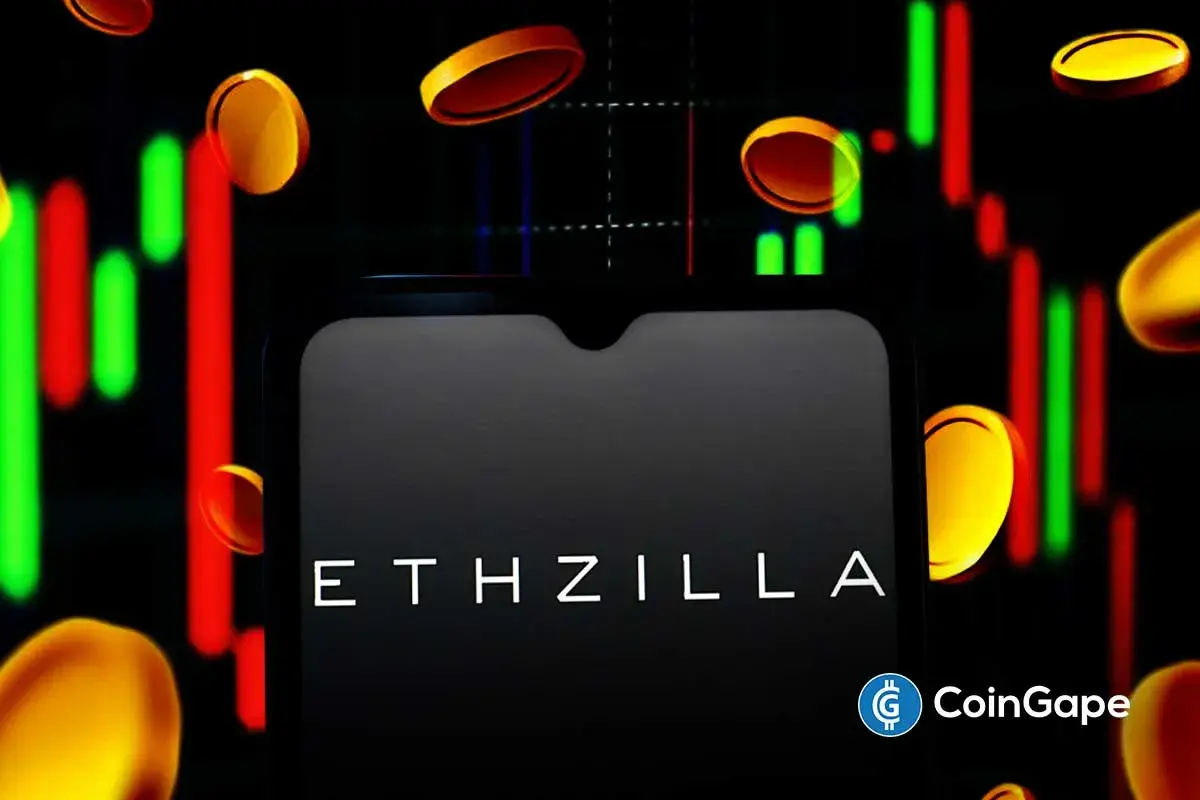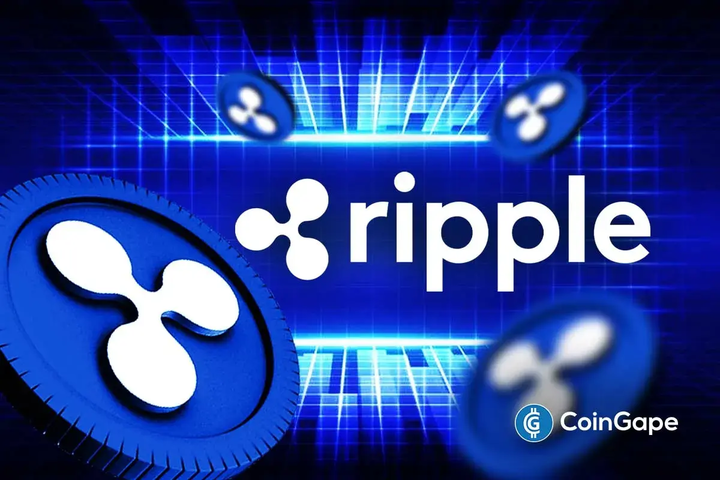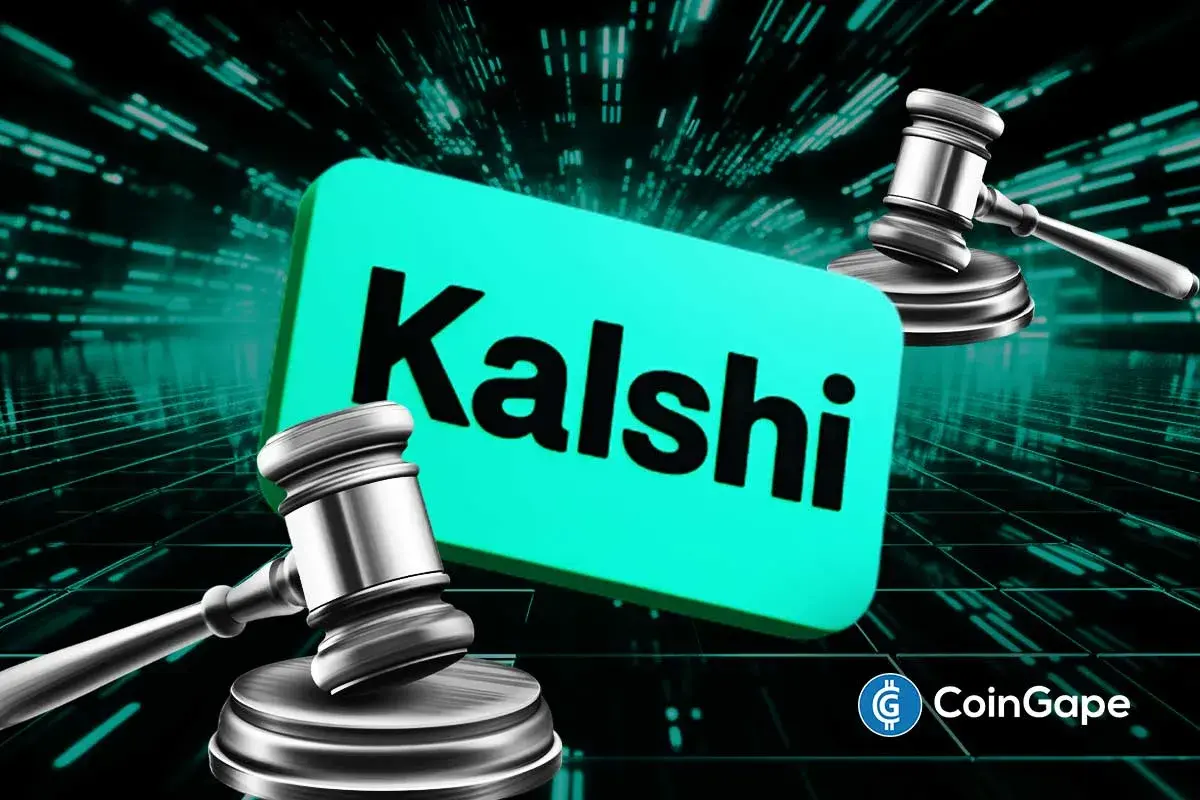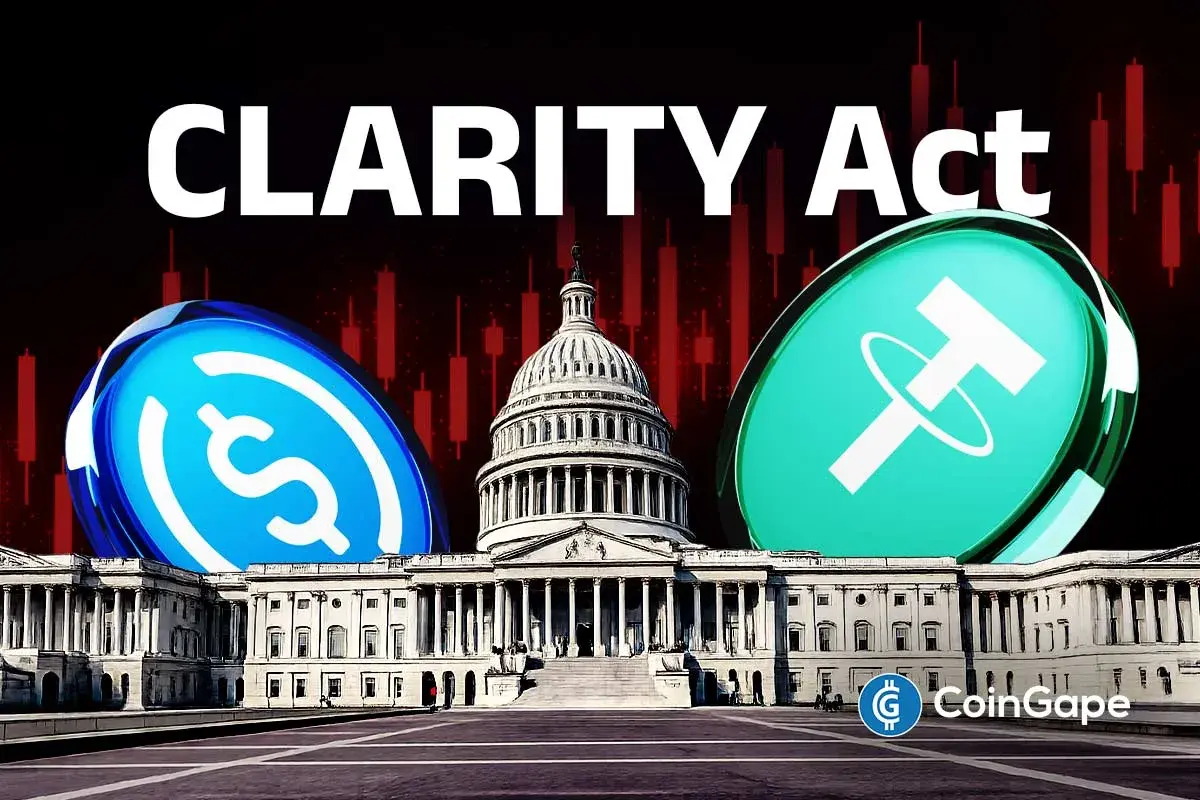Ubisoft moves to invest in blockchain games
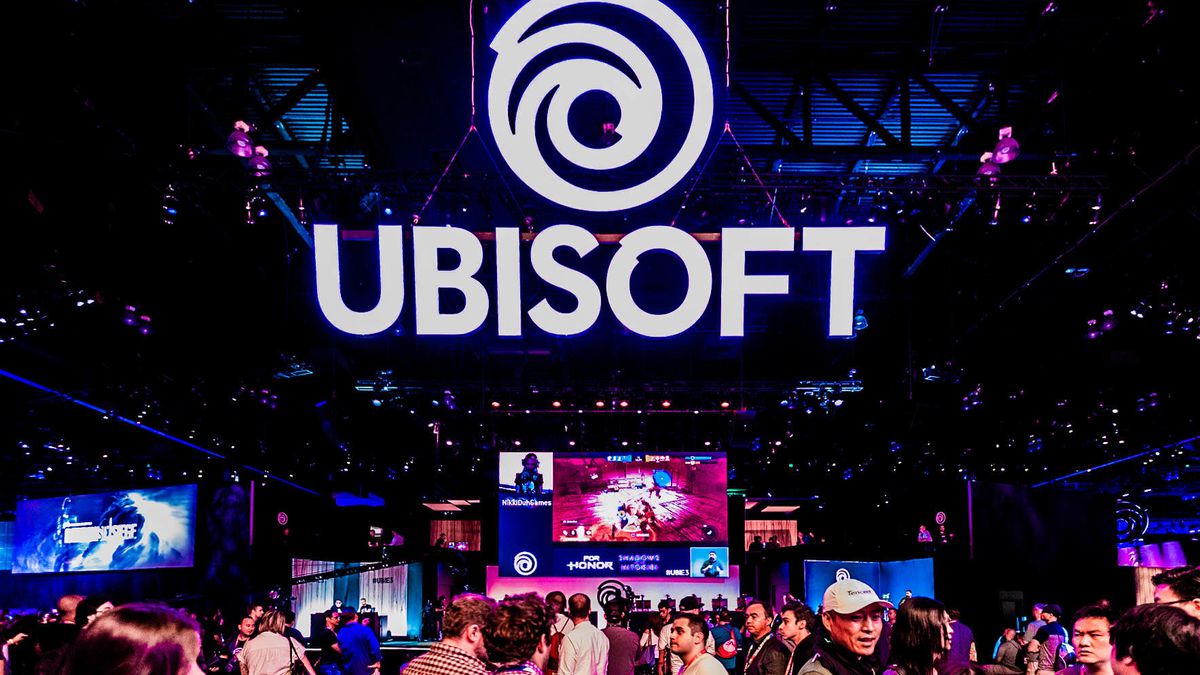
Popularly known for creating the Assassin’s Creed franchise, and arguably one of the world’s biggest video game companies, Ubisoft has hosted its Q2 earnings call this week, where it discussed blockchain as a key topic.
Now, despite reporting a 15% rise in unique active players for the first half of the year — in comparison with 2020, and also coupled with the fact that Assassin’s Creed Valhalla went on to become the second most profitable game in the history of the company, the French firm’s CEO, Yves Guillemot, has now shared his plans of investing in blockchain-centric gaming companies on the platform.
But even after making notable progress in the space — including the funding of Animoca Brands — Guillemot insists that the platform is still in its early stage of research and development.
In April, Ubisoft became a validator node on the Tezos network. Then by July, it became a channel node operator on the Aleph.im network, and a pioneering member of Blockchain Game Alliance.
Speaking about the potential impacts that blockchain technology could have on the gaming industry, the Chief Financial Officer of Ubisoft, Frédérick Duguet says it will enable more play-to-earn, thereby allowing more players to actually earn content, as well as own content. Also thinking about the long term, the CFO is confident that the blockchain will help the growth of the industry as they already have some knowledge, from working with other smaller companies going on blockchain.
Recall that recently, Valve was in the headlines for banning all crypto, blockchain and nonfungible token (NFT) games and content from its Steam marketplace.
In the wake of the ban however, digital advocacy group, Fight for the Future — with the support of the Blockchain Game Alliance, Enjin and 26 other blockchain game projects — published an open letter calling for the corporation to pivot on its decision, stating that decentralized autonomous organizations (DAOs) and NFTs can undoubtedly help foster the advancement of decentralized, interactive, democratic, and player focused systems.
Play 10,000+ Casino Games at BC Game with Ease
- Instant Deposits And Withdrawals
- Crypto Casino And Sports Betting
- Exclusive Bonuses And Rewards

- Bitcoin Price Rebounds as Jane Street “10 am Dump” Pattern Stops Amid Lawsuit
- US OCC Proposes Rule to Implement GENIUS Act & Prohibits Stablecoin Yield
- ETHZilla Abandons Ethereum, Rebrands as Forum to Focus on RWA Tokenization
- Ripple Bets On AI Boom With Strategic Investment In AI Agent Infrastructure Startup
- Prediction Market News: Kalshi Fines MrBeast Associate Over Insider Trading Amid State Crackdown
- Dogecoin, Cardano, and Chainlink Price Prediction As Crypto Market Rebounds
- Will Solana Price Rally to $100 If Bitcoin Reclaims $72K?
- XRP Price Eye $2 Rebound as On-Chain Data Signals Massive Whale Accumulation
- Ethereum Price Reclaims $2K- New Rally Ahead or a Temporary Bounce?
- COIN Stock Price Prediction as Wall Street Pros Forecast a 62% Surge
- Cardano Price Signals Rebound as Whales Accumulate 819M ADA

 Buy Presale
Buy Presale








